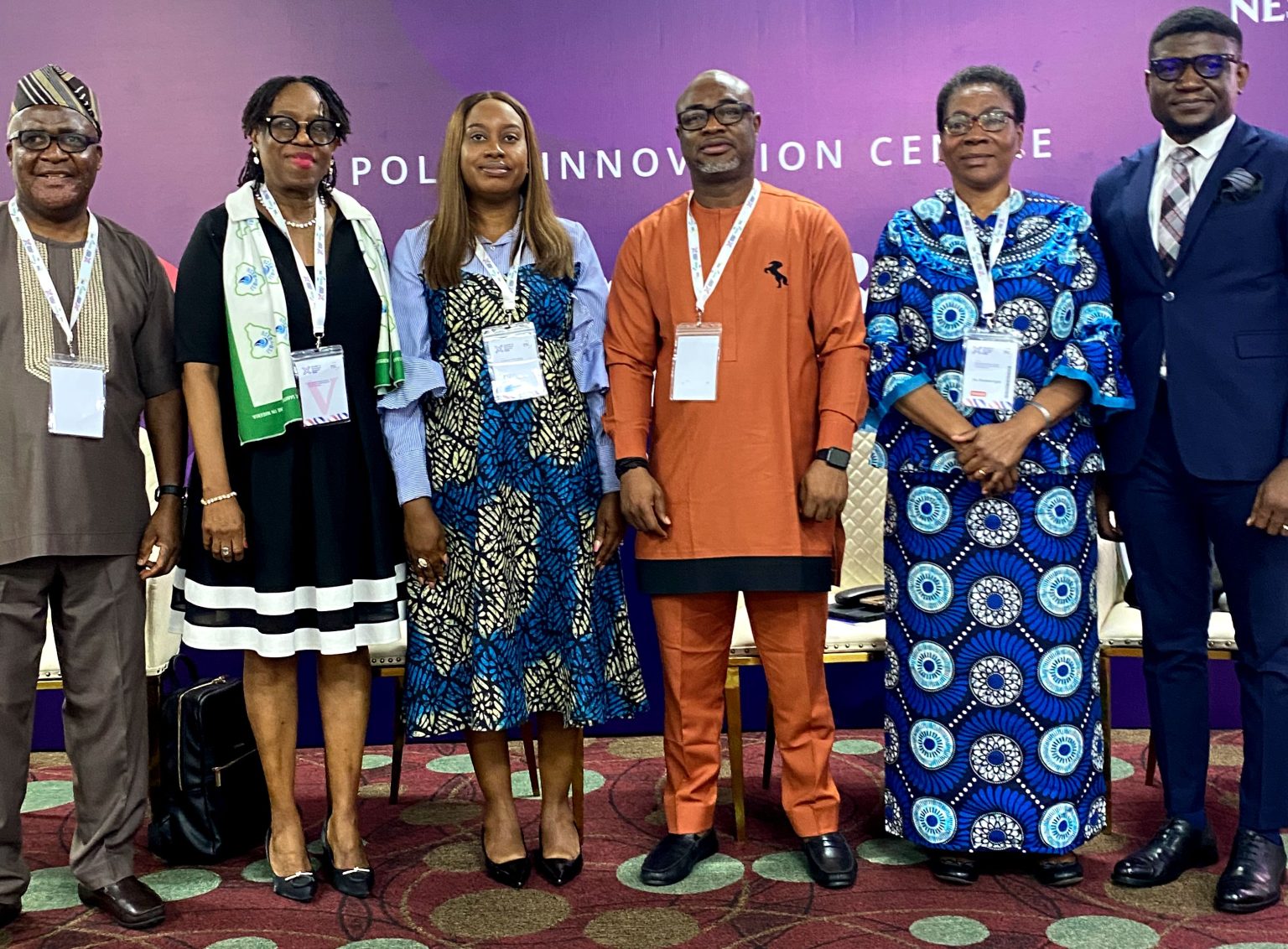Nigeria is currently battling significant health and economic challenges due to many factors – one of which is the persistent problem of open defecation, with an estimated $1.5 billion lost annually to related health issues and reduced productivity.
This figure includes the cost of medical treatment, loss of productivity, and premature deaths linked to diseases like diarrhoea, cholera, and malnutrition, which are exacerbated by poor sanitation and water contamination. It has a telling impact on the populace, especially women.
For women and girls, access to safe water, sanitation, and hygiene (WASH) is more than just a basic human right – it’s a daily struggle. The burden of water collection often falls disproportionately on their shoulders, forcing many to travel long distances, exposing them to danger, and limiting their opportunities for education, work and leisure.
At a break out session of the day one of the Gender and Inclusion Summit, organised by the Policy Innovation Centre, the National Economic Summit Group, in Abuja recently, had panelists discussed “The Power of Clean: Gender Equity in WASH for Sustainable Poverty Solutions.
According to one of the panelists, Dr. Boluwaji Onabolu said Water Supply and Sanitation (WASH) is a human right and l a bedrock to accessing every other rights. She said this means for every SDG to be achieved, “you must have adequate WASH, including right to education, health, energy and others.
She stated that inadequate access to WASH has its negative effects on women and as they are know as primary care givers, it leads to health issues. Dr. Onabolu said poor sanitation affects the cognitive development of the brain and can affect the quality of labour force in Nigeria.
In her words, “UNICEF in a multiple indicator cluster survey (2021), looked at children between 2-5, found out that more than half of them did not meet four of the five domains of cognitive development.
“So, what environmental epidemiologists are saying as far back as 2003 is that, African countries, including Nigeria has it that 48 million Nigerians are defecating in the open, 47 percent of resident Nigerians don’t have access to basic education.
“On the impact of the woman herself, is the fact that her biological needs for example, cannot be met. The rural Water Sanitation framework which guides the implementation in Nigeria says that a household is entitled to water, thirty metres from home in rural areas is the minimum or sixty metres for semi rural areas.
Country Director, Self Help Africa, Joy Adelere, while revealing that there is limited awareness of WASH, said the lack of rural education and awareness is one of the barriers to achieving gender equality.
The second she said is cultural norms which have put many women at a disadvantage.
“When we talk about gender, we are actually looking at men and women but, looking at how this affects women, you will see that they are more impacted when it comes to some cultural norms. Things around menstruation, women being confined to household chores, some have no access to water and you see a woman going to the river, miles away – it increases the burden of work on her and leads to lack of economic opportunities”, she revealed.
“Not all of our norms are bad, some are fantastic, while others are very negative and have impacted both men and women negatively,
She also posited that low representation in decision making has limited the impacts women would have had in the society. Her organisation, Self Help Africa, she pointed as the first to achieve “Open Defecation Free” has made efforts to address this.
Other barriers Adelere listed include infrastructure and design, economic barriers that impact the production time of a woman.
John Makina, the Country Director, Nigeria, OXFAM International, relating gender equity to multidimensional poverty and how WASH play a role, said sanitation and hygiene is central, highlighting that both men and women are required to use WASH facilities and practices. He however said the female gender are more affected than the males.
“Think about how much time it will take a woman or a girl to and from a water source. These are some of the things that we need to be thinking about. In other traditional setup, a girl is asked to go to a water source to draw 2 or 3 pales of water for the household before going to school, Mr. Makina said.
Ugoh Elizabeth, Director, Water Quality Control and Sanitation, Federal Ministry of Health and Social Welfare, said the Ministry is in the process of updating policies concerning water supply and sanitation to be comprehensive and inclusive
I’m her words, “previously, there use to be gaps when you talk about gender, vulnerables, safely managed facilities, and safely managed water. Currently, the Ministry has a committee that has been established, a forty member committee involving development partners and the private sector, to have contributions from various sectors and develop policies and address lots of the gaps existing”.
Mrs. Ugoh added that the Ministry runs campaign to address open defecation and said there must be a behavioural change, advocacy and awareness creation. “With this campaign, when it gets more to the grassroots through the traditional, religious and community leaders, we will be able to push this campaign to the understanding of Nigerians”, she stated.
Dennis Aizobu, the Managing Director, SFH Access concluded by saying that a total should be employed to address these issues. This must involve the government, development and implementing partners, and non governmental organisations.
The experienced social marketer said the government must first take the driving seat and bring in the private sector.






